A list of films produced in Argentina in 1978:
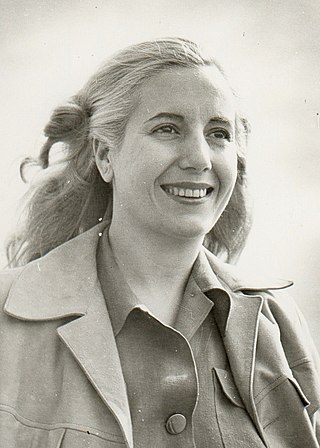
María Eva Duarte de Perón, better known as just Eva Perón or by the nickname Evita, was an Argentine politician, activist, actress, and philanthropist who served as First Lady of Argentina from June 1946 until her death in July 1952, as the wife of Argentine President Juan Perón. She was born in poverty in the rural village of Los Toldos, in the Pampas, as the youngest of five children. In 1934, at the age of 15, she moved to the nation's capital of Buenos Aires to pursue a career as a stage, radio, and film actress. She married Perón in 1945, when he was still an army colonel, and was propelled onto the political stage when he became President in 1946. She became a central figure of Peronism and Argentine culture because of the Eva Perón Foundation, a charitable organization perceived by many Argentinians as highly impactful.

Osvaldo César Ardiles, more commonly known as Ossie Ardiles, is an Argentine football manager, pundit and former player.

Mauricio Raúl Kagel was an Argentine-German composer and academic teacher.

The 1978 FIFA World Cup was the 11th edition of the FIFA World Cup, a quadrennial international football world championship tournament among the men's senior national teams. It was held in Argentina between 1 and 25 June.
The year 1978 in film involved some significant events.

Evita is a musical with music by Andrew Lloyd Webber and lyrics by Tim Rice. It concentrates on the life of Argentine political leader, activist and actress Eva Perón, the second wife of Argentine president Juan Perón. The story follows Evita's early life, rise to power, charity work, and death.
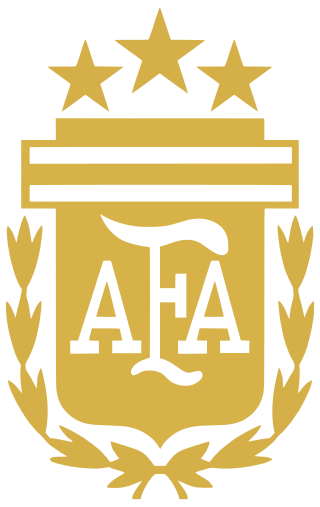
The Argentina national football team, nicknamed La Albiceleste, represents Argentina in men's international football and is administered by the Argentine Football Association, the governing body for football in Argentina.

Mario Alberto Kempes Chiodi is an Argentine former professional footballer who played as a striker or attacking midfielder. A prolific goalscorer, he finished as La Liga's top goalscorer twice with Valencia where he amassed 116 goals in 184 league games. He is regarded as one of the greatest players of all time.

Estadio Mâs Monumental, popularly known as River Plate Stadium, Monumental de Núñez, or simply El Monumental, is a stadium in Buenos Aires, Argentina. Located in the neighborhood of Belgrano, the stadium is owned and operated by Club Atlético River Plate.

Ana Carolina Ardohaín Dos Santos is an Argentine model, television personality, dancer, television host and actress. She is widely known by the nickname Pampita, a diminutive for La Pampa, the province where she was born.
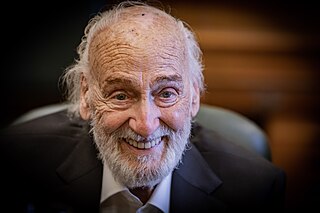
Héctor Benjamín Alterio Onorato is an Argentine theatre, film and television actor, well known both in Argentina and Spain.

Raúl Alberto Antonio Gieco, better known as León Gieco is an Argentine folk rock performer, composer and interpreter. He is known for mixing popular folkloric genres with Argentine rock, and lyrics with social and political connotations. This has led to him being called "The Argentine Bob Dylan".
Evita may refer to:
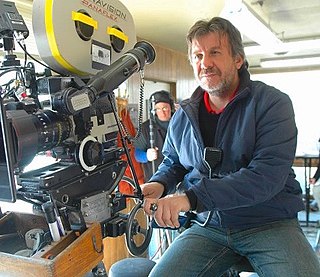
Alejandro Agresti is an Argentine film director, writer and producer. A prominent filmmaker in his country, he also directed The Lake House with Hollywood actors Sandra Bullock and Keanu Reeves in 2006.
This is an index to pages listing Argentine films ordered by year of release. For an A-Z list, see Category:Argentine films.

The cinema of Paraguay has historically been small. However, this has begun to change in recent years with films like El Toque del Oboe (1998); María Escobar (2002); O Amigo Dunor (2005), which competed for Best Movie in the Rotterdam International Film Festival; Hamaca Paraguaya (2006), which was screened at the Cannes Film Festival, gaining critical acclaim both in Paraguay and abroad; 7 cajas (2012); Latas Vacías (2014); and Luna de Cigarras (2014).

Lautaro Murúa was a Chilean-Argentine actor, film director, and screenwriter. He is one of the best known actors in the cinema of Argentina.
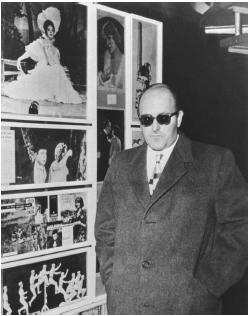
Leopoldo Torre Nilsson, also known as Leo Towers and as Babsy, was an Argentine film director, producer and screenwriter.

Pedro Rodolfo Dellacha was an Argentine football defender and coach. He was the captain of the Argentina national team that won the 1957 Copa América and earned the nickname "Don Pedro del Area". As a manager, he won the Copa Libertadores twice and league championships in four countries.

Armando Bó II is an Argentine screenwriter and film director. He won the Academy Award for Best Original Screenplay for the 2014 film Birdman at the 87th Academy Awards in 2015, together with director Alejandro G. Iñárritu, Alexander Dinelaris Jr., and Bo's cousin Nicolás Giacobone. He also directed the Qualcomm-distributed short film Lifeline in 2016, which was also a Best of Branded Entertainment winner at the 2017 One Show Awards.